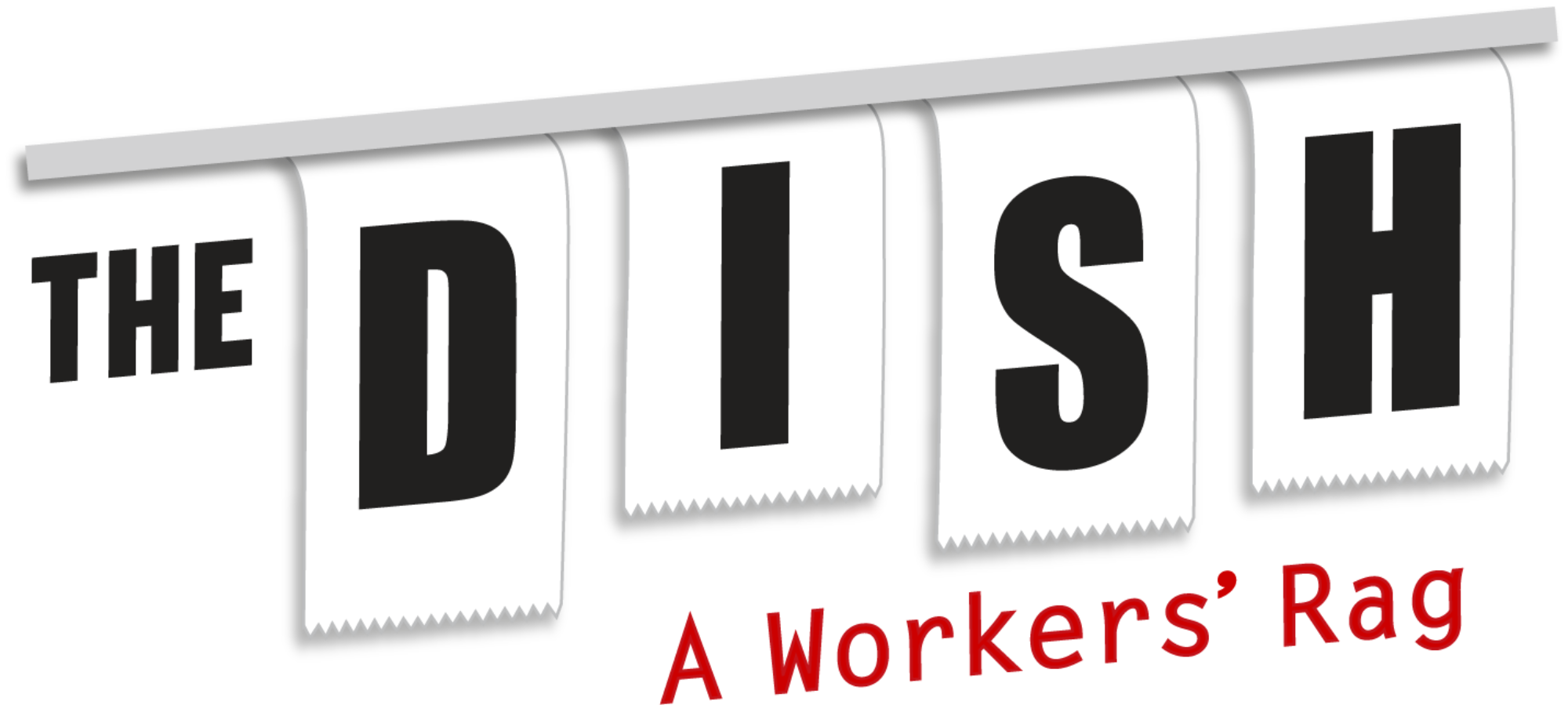By Jason Flynn
Workers at Colectivo Coffee, which has bakeries, warehouses, and cafes in Milwaukee and Madison, Wis.; and Chicago, Ill. started voting to unionize on March 9th. Anybody interested in supporting the campaign can send an email to with a message in favor of the union. Organizers are asking locals add “Union Yes” to their name in the Colectivo app to show cafe workers support, or order in-person drinks “IBEW Strong.”
The conversation around unionizing Colectivo came up from time to time, when schedules would get changed out of the blue or hours would get cut, but those conversations didn’t lead to action until 2019.
“Some of the warehouse workers realized that they had not had their annual review, and they kept asking about when the review would happen, because that affects our raises and wages,” said Emily Birch, whose name was changed due to fear of retaliation. “They were talking to upper management about the reviews and it just wasn’t happening.”
With a bit of outside organizing help from members of the International Workers of the World, the warehouse workers pulled together direct actions that won some concessions from the company.
The win created momentum around organizing that continued to build into 2020.
“The warehouse had just had this victory and then the cafes and the warehouses and the bakeries were kind of suddenly getting hit with, you know, the pandemic.” Birch, a shift lead at one of Colectivo’s Chicago cafes, said.
Many of the Colectivo employees felt there was a lack of communication and care for workers’ safety early in the COVID crisis.
As restaurant shutdowns began, a group of cafe and warehouse workers interviewed organizers from the Teamsters and the International Brotherhood of Electrical Workers (IBEW).
They decided IBEW was the best fit to help them move forward with a union campaign.
Birch who has been working at Colectivo since 2018, joined in the organizing process in May of 2020, and worked in secret with other organizers to get the broadest possible support for the unionization process while avoiding retaliation.
“That was like the most stressful part, for sure,” Birch said. “For a while we were just reaching out to people that we trusted, that we knew, and that we were like, okay, this person is definitely going to be pro union, you know, telling them doesn’t risk them kind of ratting out this project to upper management and getting an anti union campaign going.”
Once they’d reached the end of their own work networks, the organizers decided to go public.
“Mid-June, I think, we sent a letter to Colectivo’s management saying we are the volunteer organizing committee (VOC),” Birch said. “That was to let them know we were organizing, and to hopefully protect some of us from retaliation because it is illegal to retaliate against someone for unionizing.”
Since going public the VOC has been pushing to get in touch with every employee at the company through one-on-one chats, group meetings, and pamphleting.
Birch said the process has been difficult to manage because communication happens three cities, varying schedules, and social barriers from lower interaction between workers in the cafes versus warehouses and bakeries.
Currently, the organizers don’t have a set list of demands because they’re focused on the communication and voting process.
Birch said they hope to bargain for better scheduling, regular reviews, regular raises, and better labor goals so employees aren’t forced to take on work that should be split between multiple people.
“We’re also hoping to address some systemic racism within Colectivo that we’re going to have to be a little bit more creative about,” Birch said. “We are hoping to have an honest conversation with Colectivo about their use of the sugar skull and other culturally appropriative symbols in their advertising and marketing, and also just kind of discuss ways to have a more racially diverse staff that more reflects the cities that we’re in.”
Luckily, the group has been getting community support, which Birch said is important for employees to see when they might be afraid of retaliation.
“I’m really excited that this organizing is happening, and that, like, there are so many kinds of groups cropping up to support it and encourage it,” Birch said.
Jason Flynn can be reached by email, by phone at 872-222-7821, or on Twitter
Get involved with the Restaurant Organizing project! Get on our email list, check out our resources, or follow us on Facebook, Twitter, and Instagram.
